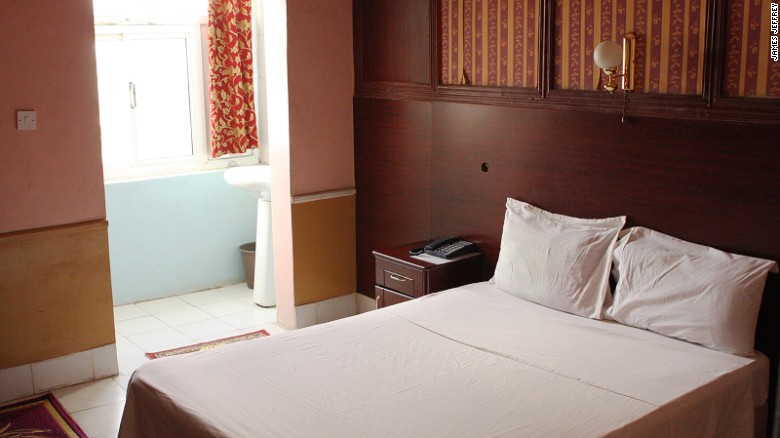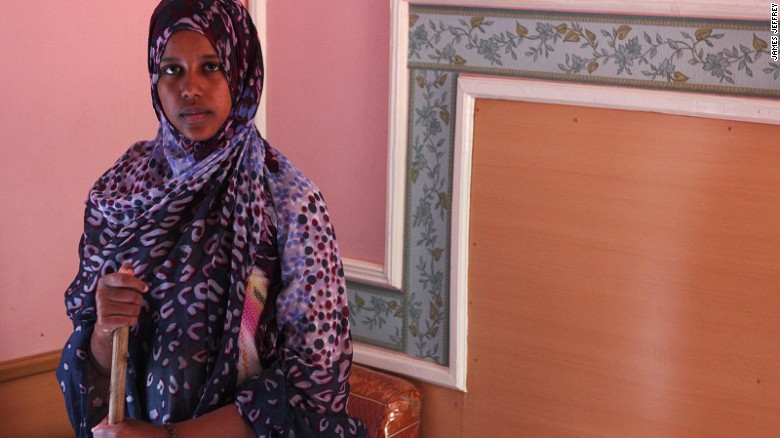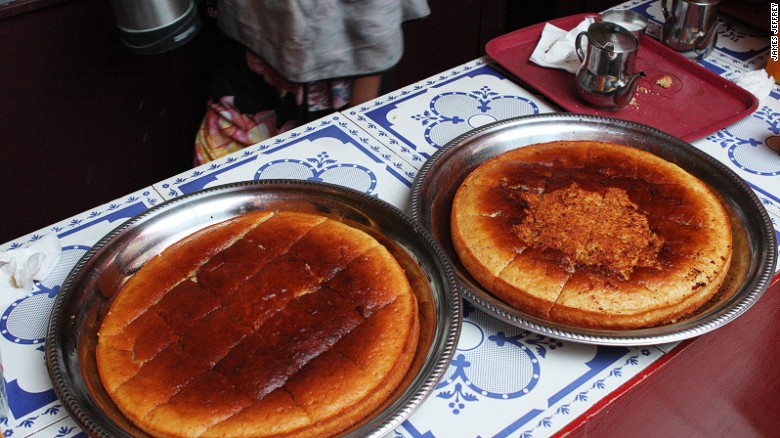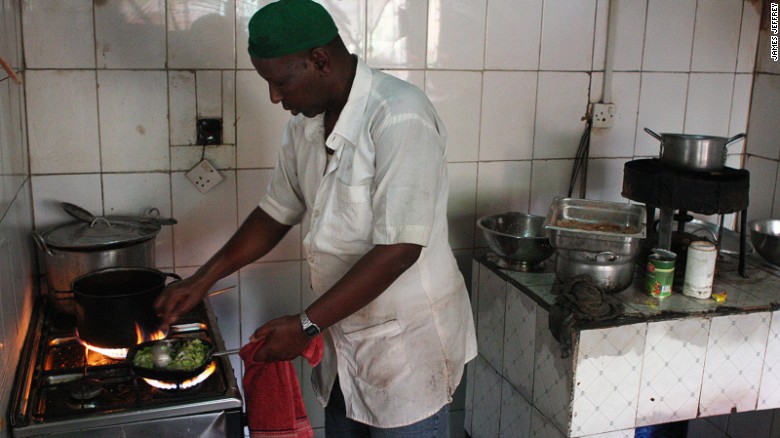 There’s the Paris Ritz, the New York Astoria, London’s Savoy — and then there’s Hargeisa’s Oriental.
There’s the Paris Ritz, the New York Astoria, London’s Savoy — and then there’s Hargeisa’s Oriental.
OK, so this $15-a-night hotel, without an air-con unit in sight, on the Horn of Africa in the heart of Somaliland‘s rambunctious capital might not be in the same luxury league as its big city rivals.
But stuck resolutely in a past that’s long been banished from the sterile, colorless places that many modern hotels now aspire to be, the Oriental is arguably what traveling is all about.
There’s no premier-class pampering and no pretentious airs here.
Yet it’s a top attraction in Somaliland, the unrecognized internationally but self-governing nation that’s been separate from the rest of Somalia since it declared independence in 1991.
Sure, the daily 4:30 a.m. call to prayer from the giant four-story Ali Mataan mosque right next door can cut a good night’s sleep shorter than guests might wish.
A few extra yawns are more than made up for by old world charm that the Oriental effortlessly oozes.
Unique style
“There’s a lovely worn glamor about the hotel,” says Paul Holt, a British plumber in his early 50s who spends six months each year traveling the world, so far taking in 120 countries.
“From the tired, red stair carpets to the stainless steel tea pots — not one with a lid still attached by a hinge — to the 4 p.m. tea service, a relic of British involvement in the country.”
Traveling throughout Africa, Holt says he has stayed at some “very bad hotels” that cost up to $50 a night, and so was overjoyed to discover the Oriental and its price point.
“Many of our guests are merchants from Mogadishu and other Somali cities who can’t really afford more, so we try to keep the hotel affordable,” says owner Abdikadir Abdi.
He’s the son of Mohamed Abdi, who built the original Oriental in 1953, back when it was the only hotel in town.
“The price covers our management costs and fees — so everyone ends up happy.”
The hotel was constructed by a Lebanese company, responsible for giving the hotel its unique style — a quixotic mishmash of the Middle East and Orient — and its incongruous name, Abdikadir says.
Perfect location
It was rebuilt in 1995 — a job overseen by Abdikadir’s elder brother, Abdirahman Abdi, who ran the hotel until his death in 2012 — after a civil war left much of the hotel, and almost all Hargeisa, in ruins.
“On the west side the top floor had crushed down,” Abdikadir says. “The hotel was in very bad shape.”
A second story was added during reconstruction, though since then little has changed.
Its sole concession to modernity is the closing off of balconies to provide each room with a hot shower and toilet.
Before, guests used shared restrooms.
Ask anyone what the best thing about the Oriental is and there tends to be a unanimous answer.
“It’s the location,” says Mohamud Hassan, a British Somalilander in his early 70s, taking a two-month break at the Oriental to escape the UK weather.
“I can reach everywhere and it’s easy to get where I need to go. I also like how I can walk by the places I knew as a boy, and see what’s changed.”
Step outside the Oriental’s entrance and guests are immediately immersed in the cut and thrust of Hargeisa, a blend of traditional Somali life and brasher modernity.
“A smorgasbord of goodies to explore,” Holt says.
Hassle-free
Changing money isn’t a problem.
The streets outside the hotel are lined with rows of men ready to change anything from U.S. dollars to Ethiopian birr.
A couple of minutes’ walk south, over the main thoroughfare of Independence Avenue, leads into the labyrinthine warren of Hargeisa’s main market — although the whole town center is basically one vast sprawling market, with the Oriental right in the middle.
Pyramids of colorful fruits and vegetables crowd beside stalls selling everything from famous brand-name perfumes and shampoos — possibly not all originals, admittedly — to household objects, electronics, shoes, clothes and fabrics.
Foreign visitors will find exploring is a hassle-free experience, with locals too caught up in trade and haggling to take much notice of them ambling through.
Some are keen to practice their English, discover where the visitors are from — and then thank them for coming.
Somalilanders are overwhelmingly friendly, but tend to be sensitive about photographs; it’s best to ask permission first.
High demand
 “It’s still a bit disorganized admittedly,” Jirdeh Farah, another British Somalilander staying at the Oriental while in town for business, says of the hotel’s environs. “But it’s a safe disorder.”
“It’s still a bit disorganized admittedly,” Jirdeh Farah, another British Somalilander staying at the Oriental while in town for business, says of the hotel’s environs. “But it’s a safe disorder.”While many hotels around the world appear to be turning into carbon copies with no sense of place, the Oriental’s covered inner courtyard clearly signals its location.
A kind of modern caravanserai, it’s full of Somaliland locals in Muslim dress, being served tea and cake by female staff covered in brightly colored Somali robes that show only their faces.
Most rooms on the ground floor are closed off from the hotel and given over to shops and offices, meaning the Oriental’s 20 second-floor rooms are in high demand when Somaliland‘s diaspora descends in summer.
Abdikadir Abdi says he’s thinking of adding another story with a further 15 to 20 rooms, but insists the work wouldn’t affect current business or alter the hotel’s charm.
“The hotel would remain open, as construction would occur on the roof,” he says.
“We try to maintain originality, and keep it as it is. People come here and say it’s old but has a nice environment.”
Most of his guests couldn’t agree more.
“If I ever return to Hargeisa, I wouldn’t bother to look around for a better deal,” Holt says. “I would direct the taxi to the Oriental.”
_______________________________________________________________________________
James Jeffrey is a freelance journalist based in Addis Ababa, Ethiopia, from where he writes about Ethiopia and the Horn of Africa for various international media. He tweets at @jamesinaddis.






























